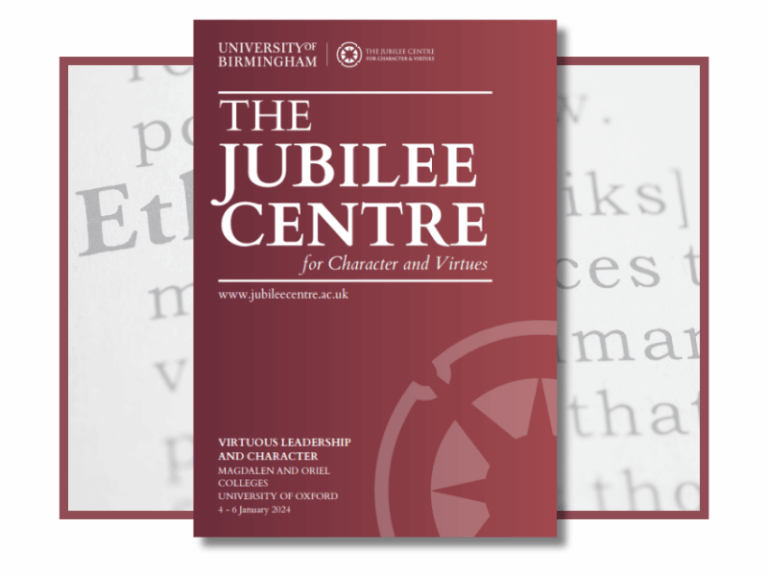
Virtuous Leadership and Character
January 4th – 6th 2024
With the entrenchment of character education in schools, universities and continuing professional ethics education, the spotlight is moving to questions of virtuous leadership and the way it is shaped by the moral character of leaders. Virtuous leaders are seen as ethical stewards who seek to create organisational relationships and systems that build trust and earn the commitment of others. As most significant decisions in institutions and companies are taken by teams of leaders, there is also growing interest in expanding the construct of individual phronesis (practical wisdom) to encompass collective phronesis.
The aim of this conference is to bring together experts on business ethics and organisational wisdom, on the one hand, and experts on virtue ethics and character education, on the other, to look for synergies and new ideas that can enhance our understanding of the concept of virtuous leadership. Among the big questions that emerge here are: What kind of character profile does an ideal leader possess? How can character education, professional ethics education and CPD provisions help cultivate good leaders? What exactly does the mantra about ‘all teachers being leaders in the classroom’ really mean? At a more personal level, what does it mean to be a true leader of your own moral life?
The aim of the 2024 Jubilee Centre annual conference is to explore those questions and many more. Can theorists from philosophy, professional ethics, business and leadership, education, sociology, theology, history and psychology learn from each other’s work? How can insights from theory and practice be integrated?
The conference welcomed our keynote speakers for 2024: Professor Mary Crossan, Chair in Strategic Leadership, Ivey Business School at Western University; Professor Michael Lamb, F. M. Kirby Foundation Chair of Leadership and Character at Wake Forest University; and Dr. Gregory Jones, President of Belmont University, Nashville, Tennessee.


